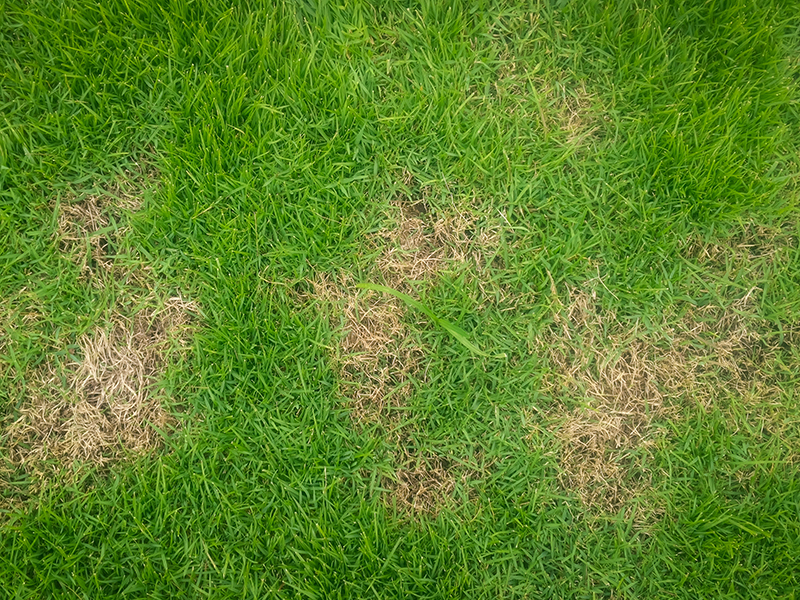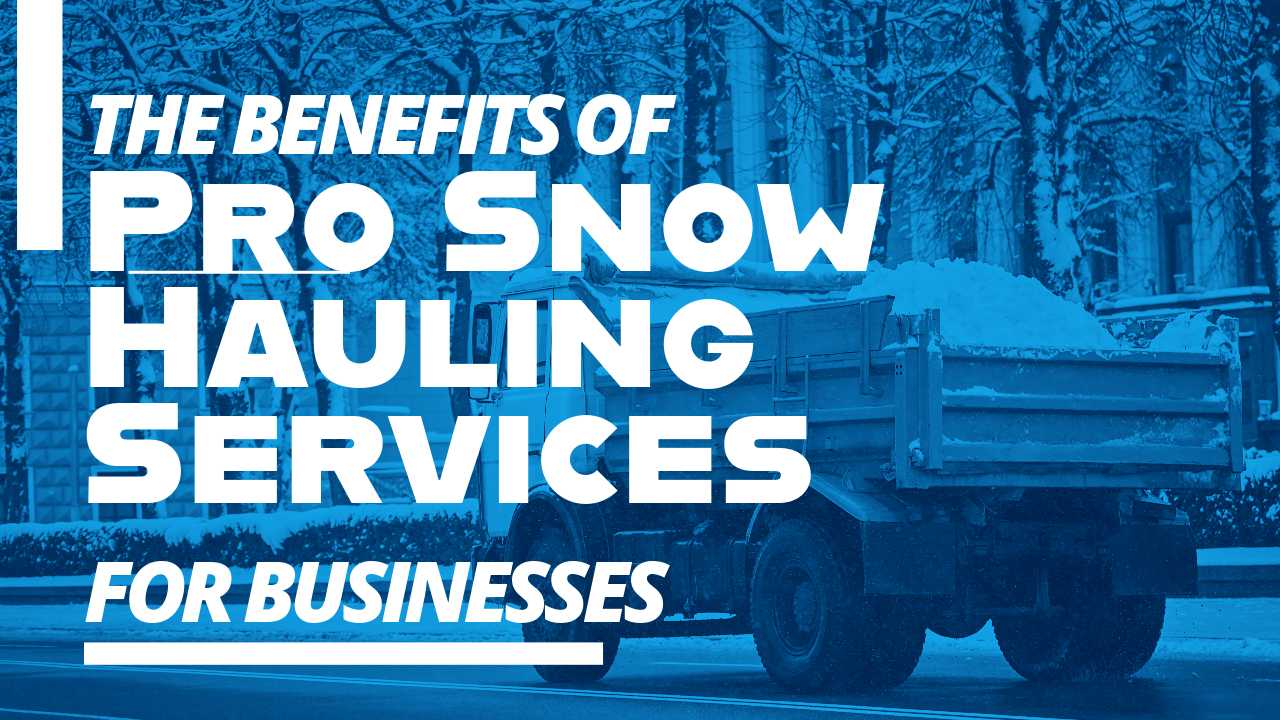You’ve worked all year to get the perfect yard. Then winter comes and you’re faced with numerous threats to the health and appearance of your landscape, particularly the threat of rock salt. Read on to find out how to prevent lawn damage from winter salt.
Why is Salt Dangerous to Your Driveway?
To prevent slipping and sliding on your driveway or walkways, it’s common to use rock salt. But beware. Rock salt, or sodium chloride, is a corrosive material that can actually damage the asphalt on your driveway or other concrete surfaces.
How is Salt Harmful to Plants?
Did you know that if the salt reaches the roots of plants, it will inhibit their growth when the weather turns warm again? Also, salt will absorb water, so plant roots will get less water and become dehydrated.
What You Can Do to Protect the Landscape from Salt
You can try to limit the amount of salt you apply by mixing it with sand, which will still prevent slippage on hard surfaces. Sand, and sometimes cat litter, can help to give you more traction, though it won’t melt the snow quite the same. You could also try other deicing products that may be more expensive but do less damage to plants.
When you use salt, be careful to avoid spilling it on or too close to your lawn. Keep it on walkways and hard surfaces only.
For plants, you can create barriers around them to protect them—plastic, burlap, even wood fencing. Or, when you’re in the planning stage of your landscaping project, you can choose plants that can handle salt better, and place them closer to the road, so they won’t be affected when plow trucks come by.
Signs That You Have Damaged Your Plants with Salt
When plants have been negatively impacted by salt, the damage isn’t always evident right away. You may not see the effects until spring and much warmer weather. Here are a few symptoms of salt damage to plants:
- Brown or discolored needles
- Reduction in leaf growth
- Stunted stem growth
- Fruit smaller than normal
- Delayed flower growth
- Prematurely fallen leaves
These are only a few of the things you may discover after winter that reveal damage has been done.
What Areas of Your Lawn are at the Highest Risk?
When it comes to pouring salt, the areas most susceptible to excess salt falling in the wrong places are, as you would guess, near driveways and walkways. The edges of the driveway are at risk, as well as the area of your lawn that’s closest to the road. Unfortunately, salt trucks don’t care what is planted near the road, so you need to tend to this ahead of time.
Winter can be a tricky time for landscaping, so keep checking our blog for more helpful tips to get ahead of the snow!
The Veron Company is committed to ensuring that you have beautiful, worry-free landscaping, and we provide other home care services as well. Contact us today to let us go to work for you!
The Veron Company, serving Marlborough, Massachusetts and surrounding areas, including Cape Cod since 1982.







